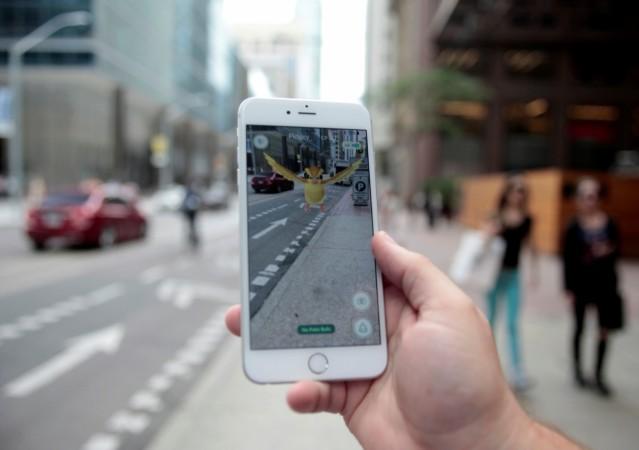
Pokemon Go, the wildly popular and one of the most downloaded mobile apps in recent times, is also helping people fight many forms of mental illnesses, including anxiety, depression and obsessive compulsive disorder.
With 21million active users playing the game daily, Pokemon Go reportedly has more users than Twitter and more engagements than Facebook. Though the game is available only in a few countries until now, players are already going gaga over the mental health benefits they are reaping by playing Pokemon Go.
So how is a mobile game helping people fight mental health disorders? Consider this: If you have been shying away from socialising all your life and you are not among those who instantly hit it off with people, then Pokemon Go may be the game for you.
The mobile game is different from others because it uses a combination of technology and real world adventure. It is designed in a way that players are tempted to move outdoors to find the Pokemon and when they have found enough creatures they can proceed to join other players within an outdoor space called gym, where dozens of players battle these Pokemon characters.
"It can sometimes be really hard to find the motivation to leave the house if you're coping with mental health conditions. What I like is that about Pokémon Go has encouraged me to go out more and do more things. That in turn has improved my mood, even just in five days," Lola Phoenix, a 28-year-old digital marketer based in London, who is a Pokemon Go player and also suffers from anxiety, told the Independent.
For some, the game has been able to improve anxiety and bouts of depression, and has infused energy into their lives.
"I have not felt this energised in a very long time. When Lure Modules [where players can temporarily catch wild Pokémon] are dropped in Corvallis, people flock to them. Soon after one is dropped there are 30-plus people within a 5ft radius, all laughing and walking and connecting: elderly people, parents and their children, couples, dogs, high-school students and college students, people with all different gender expressions and racial identities," Jesseanne Pope from Corvallis, Oregon in the United States, told the daily.
Psycholigists and psychiatrists are not complaining either, but they are wary that like any other technology, the magic of Pokemon Go would fade once people get used to playing the game.
Canada-based psychologist Ganz Ferrance told CBC News that the game could work as a positive catalyst for people who suffer from mental illnesses like anxiety, depression and possibly obsessive compulsive disorder.
"When you have a game like this, you are providing a purpose and a structure for the individual when they go out. What it does is, in a sense, it kind of distracts them from the anxiety they would normally feel, it breaks up the cycle.The person then gets the experience of being able to be successful at what they've been avoiding," he said.
However, Suzanne Gage, senior research associate at Bristol University's School of Experimental Psychology, sounded apprehensive. "Of course, it's great if people find it helps them, as individuals, and gets them out of the house," she was quoted by the Independent as saying. "But can computer games change a person's mental health? It's far too early to tell."









